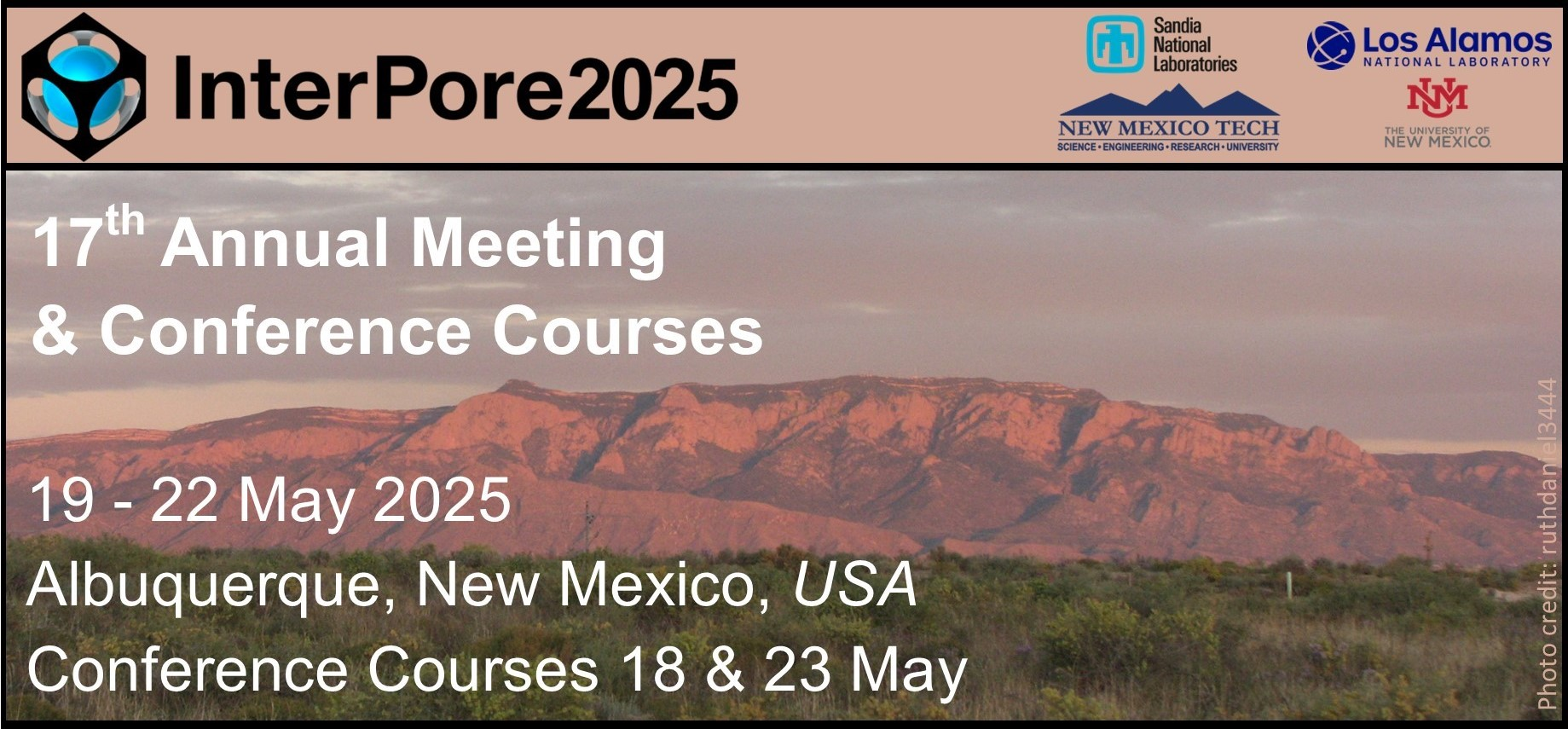Speaker
Description
Heterogeneity in underground porous formations stems from the changes in petrophysical properties, such as porosity and permeability, and it can significantly affect the flow patterns and transport phenomena. Accordingly, there has been a long-standing interest in modeling and characterizing heat propagation in heterogeneous geothermal reservoirs to formulate feasible and economic development plans. In this regard, reservoir simulations can get computationally expensive in the case of complex geologic structures. On the other hand, machine learning-assisted surrogate models may be a strong contender for the rapid evaluation of such porous layers based on previously learned fluid and heat behavior. In this work, we utilize the predictive capabilities of deep learning algorithms, learning mesh-based simulation with graph neural networks, to tackle this problem and predict temperature distribution when heterogeneity is intensified or reduced in geothermal systems. Various simulations were carried out for different porosity and permeability distributions using MATLAB reservoir simulation toolbox (MRST) and were employed to train the graph-based predictor. The developed surrogate model has the potential to predict temperature profiles through unseen heterogeneity distributions. This approach would significantly reduce the computational load of simulations and provide a swift method to perform sensitivity analysis and uncertainty assessment while maintaining the complexity of the heterogeneous rock matrix.
| Country | United Kingdom |
|---|---|
| Student Awards | I would like to submit this presentation into the student poster award. |
| Acceptance of the Terms & Conditions | Click here to agree |






